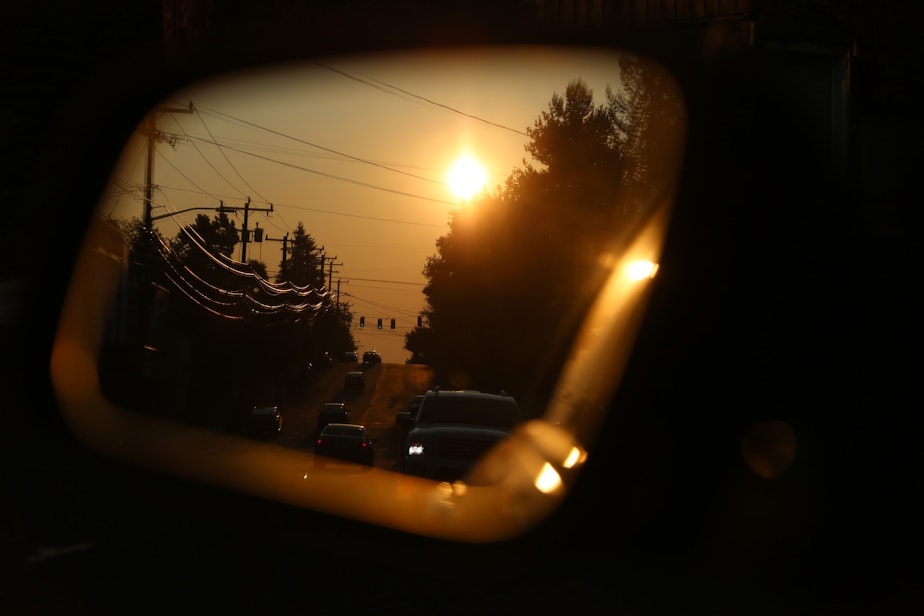Here comes the sun – but should it stay all year round?

We skipped an hour over the weekend – Springing forward to Daylight Saving Time. Some people want it to stay that way all year round. But is full-time daylight saving time healthier overall?
About three years ago, Governor Jay Inslee signed a law moving the state into permanent Daylight Saving mode, making Washington one of many states that have considered — or approved — ditching time changes. That legislation requires congressional approval, however, and so far there’s no real movement at the federal level.
Experts say there are reasons to make the change, beyond just enjoying an evening run or dinnertime picnic. Local businesses benefit when more people are out and about. And some research shows there could be fewer traffic deaths during the wintertime evening commute.
But should it stay?
Horacio de la Iglesia says no. He’s a professor of Biology at the University of Washington who specializes in sleep.
He told Soundside host Liby Denkmann that arguments in favor of daylight saving time miss a key fact of sleep science: Morning light is most important for maintaining healthy sleep rhythms.
"Good quality and good quantity sleep is essential for both physical and mental health," he said. "The easiest way to put it is that any disease gets better with good sleep. If you don't have good sleep, if you curtail your daily sleep, every physiological system in your body will fall apart."
"Shortening that sleep, or having that sleep out of sync with the environment, is bad for you. If you do that chronically it leads to long-term negative health outcomes."
He adds that people will feel the affects of daylight saving time more in the winter (not so much in spring and summer in the Northwest when there is more light).
"The worst part of it is that during the winter, you wont' be seeing the morning light until 9 a.m. in the morning."
Hear Soundside's full conversation with Horacio de la Iglesia by clicking the audio above.



